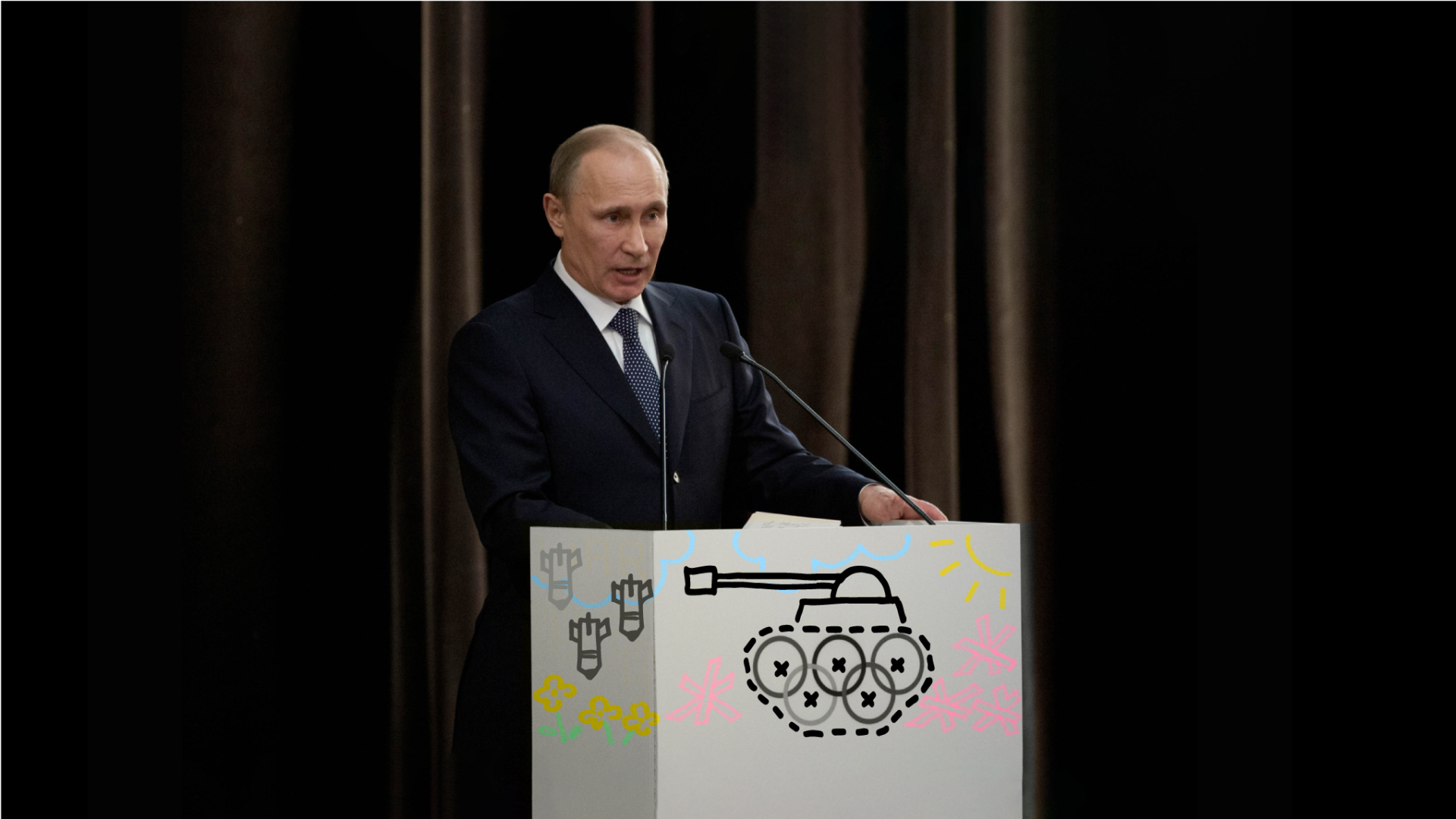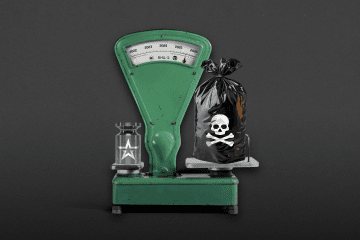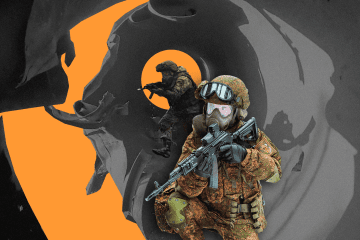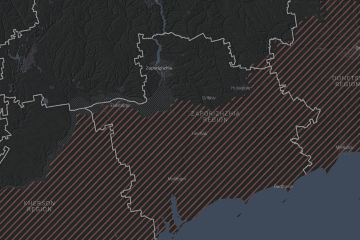- Category
- War in Ukraine
All the Times Russia Invaded Sovereign States as the World’s Attention Was Focused on the Olympics

Russia has long exploited the Olympic Truce as a ruse to launch its wars. Putin knows that the best time to attack is while everyone watches the games as it’ll be difficult for news to broadcast during the sports event and could go unnoticed by world media.
With the Paris Olympics starting at the end of July, it is pertinent to point out a concerning trend. Russia has historically used the shadow cast by the biggest sporting event in the world to invade numerous sovereign nations and avoid major internal political backlash—in full violation of the Olympic Truce.
It would make sense why Russia would time the execution of their numerous invasions to coincide with the Olympics. Captivated audiences and widespread positive press coverage would no doubt be helpful in diverting attention away from Russia’s expansionist-imperial acts of aggression.
What is the Olympic Truce?
The Olympic Truce is a tradition originating from Ancient Greece and is upheld today by the International Olympic Committee and UN resolutions. It prohibits all wars on the eve, during, and right after the Olympic Games.
However, Russia has long exploited the Olympic Truce as a ruse to launch its wars. Putin knows that the best time to attack is while everyone watches the games as it will be difficult for news to broadcast during the sports event and could go unnoticed by world media. So, while the world’s eyes are on the games, Putin moves his troops into neighboring countries—waging tension, hostility, and violence.
The Russian invasion of Georgia (2008) and the 2008 Beijing Olympics
During the opening ceremony of the Beijing Olympics in August 2008, Russia invaded Georgia. Some 800,000 Russian land troops were deployed to the country. The coverage of Russia’s shelling of South Ossetia and Abkhazia divided the world's attention—which was initially focused on the Olympic Games in China.
As a result, Russia occupied Abkhazia and South Ossetia. Hostilities were over within a matter of days, but the repercussions of the Russo-Georgia War continue to reverberate, shaping the wider geopolitical environment.
The Russian annexation of Crimea (2014) and the 2014 Sochi Olympics
Using the Olympics to advance violations of international law, Putin struck again in 2014—when Russia itself hosted the Olympic Games. This time, it was the Winter Games in Sochi that started on February 7th, 2014. Russia once again violated the Olympic Truce and and launched an invasion of a sovereign nation. In this case, it annexed Ukrainian Crimea on the 20th of February and launched a deadly war in the East of Ukraine.
The Russians took advantage of the positive press coverage and domestic environment to launch their attack during the final days of the events. The speed at which Crimea was annexed, led many to believe that this was a calculated play to achieve their goals without garnering significant political backlash.
Russia’s full-scale invasion of Ukraine (2022) and the 2022 Beijing Olympics
Because of this pattern, many analysts raised alarm over a full-scale invasion of Ukraine planned by Russia during the Beijing Winter Olympics in 2022. Putin did just that. Only four days after the conclusion of the games on February 20th, Russia launched a genocidal war of aggression against Ukraine.
With heightened media coverage of the games, attention was diverted from the already prevalent reporting of a looming invasion of Ukraine. The Russians had reportedly planned to invade Ukraine during the Olympics, but Chinese President Xi Jinping persuaded Russian President Putin to do so after the games.
Nevertheless, the timing of the invasion showed a clear pattern of Russia using optimal timing to carry out its invasions. Russia expected to use the post-Olympic period to carry out a three-day “blitzkrieg” invasion and regime change in Ukraine. They did not anticipate a robust collective response from Western nations, and what they were least prepared for was a heavy Ukrainian resistance.
What’s in store for Paris 2024?
The IOC has strongly condemned the breach of the Olympic Truce by Russia and subsequently recommended a ban on Russian athletes—along with a prohibition on their Belarusian allies—from qualifying for the July-August Olympics in Paris 2024. However, the decision was made to allow them to compete as individual neutral athletes (AINs) without their flags, anthems, and emblems. This decision was described by Ukraine's Foreign Minister, Dmytro Kuleba, as “shameful.” Many Russian athletes who have now qualified under these new rules have been shown to have clear ties to Russia’s Ministry of Defense, the war in Ukraine, and Putin himself.
“There is no such thing as neutrality when a war like this is going on. And we know how often tyrannies try to use sports for their ideological interests. It is obvious that any neutral flag of Russian athletes is stained with blood,” said President Zelenskyy in 2023.

-46f6afa2f66d31ff3df8ea1a8f5524ec.jpg)

-29a1a43aba23f9bb779a1ac8b98d2121.jpeg)



-0666d38c3abb51dc66be9ab82b971e20.jpg)